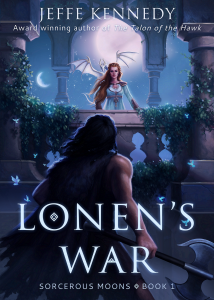 I’m headed home from #RWA16, the Romance Writers of America annual conference, which was in lovely San Diego this year. This was a truly wonderful gathering this year.Grateful for this community that always leaves me refreshed and supported.
I’m headed home from #RWA16, the Romance Writers of America annual conference, which was in lovely San Diego this year. This was a truly wonderful gathering this year.Grateful for this community that always leaves me refreshed and supported.
Also, the first book in my new Sorcerous Moons series comes out on Tuesday. I’m loving on this cover! Yes, I helped design it, but the amazing Louisa Gallie is the one who pulled it off. Love the feel. And here’s the blurb:
An Unquiet Heart
Alone in her tower, Princess Oria has spent too long studying her people’s barbarian enemies, the Destrye—and neglected the search for calm that will control her magic and release her to society. Her restlessness makes meditation hopeless and her fragility renders human companionship unbearable. Oria is near giving up. Then the Destrye attack, and her people’s lives depend on her handling of their prince…
A Fight Without Hope
When the cornered Destrye decided to strike back, Lonen never thought he’d live through the battle, let alone demand justice as a conqueror. And yet he must keep up his guard against the sorceress who speaks for the city. Oria’s people are devious, her claims of ignorance absurd. The frank honesty her eyes promise could be just one more layer of deception.
A Savage Bargain
Fighting for time and trust, Oria and Lonen have one final sacrifice to choose… before an even greater threat consumes them all.
Our topic at the SFF Seven this week is “I Learned How to Write Novels by (doing some other activity).“ Stop on by to hear about my surprising discovery.
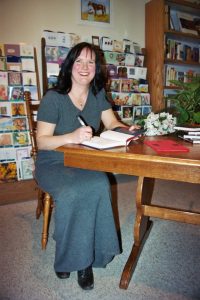
 I’m over at Jill Archer’s blog today, where we’re having a great conversation on whether Fantasy has become an awards category for anything vaguely “woo woo.”
I’m over at Jill Archer’s blog today, where we’re having a great conversation on whether Fantasy has become an awards category for anything vaguely “woo woo.” 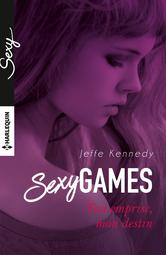
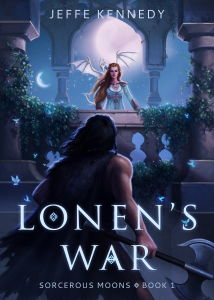 I’m thrilled to FINALLY share the cover for LONEN’S WAR, the first book in my brand spanking new Fantasy Romance series, the Sorcerous Moons!! It comes out next Tuesday, July 19, 2016.
I’m thrilled to FINALLY share the cover for LONEN’S WAR, the first book in my brand spanking new Fantasy Romance series, the Sorcerous Moons!! It comes out next Tuesday, July 19, 2016.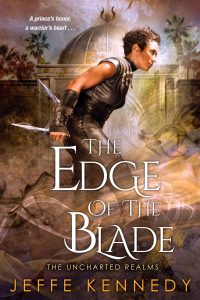
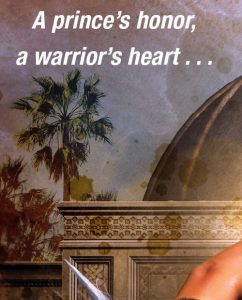
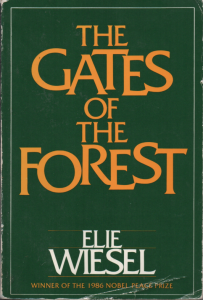 Yesterday, on July 2, 2016, Elie Wiesel died. He was a Nobel Peace Prize Winner and a celebrated writer who brought to life the realities of the Holocaust.
Yesterday, on July 2, 2016, Elie Wiesel died. He was a Nobel Peace Prize Winner and a celebrated writer who brought to life the realities of the Holocaust.